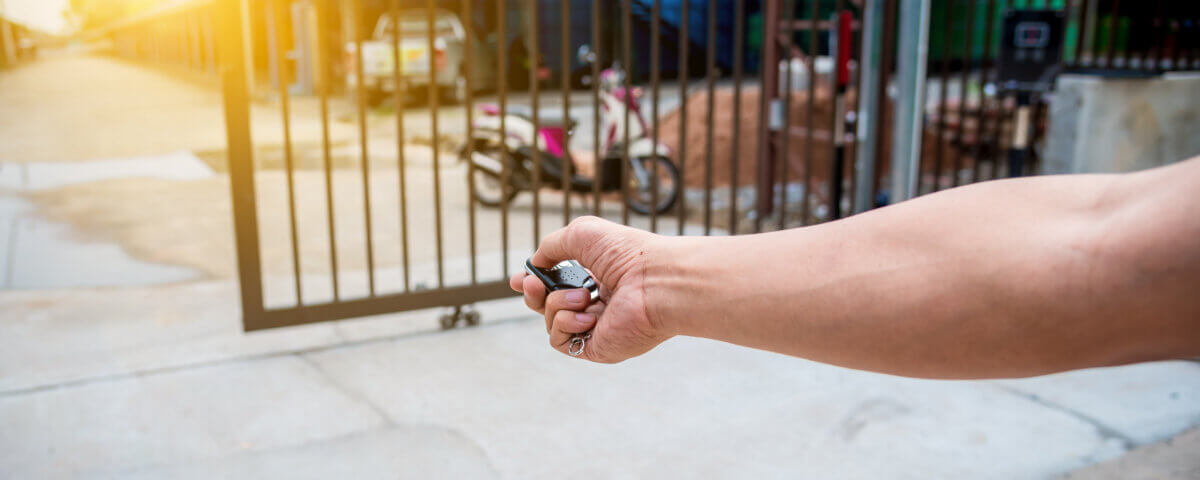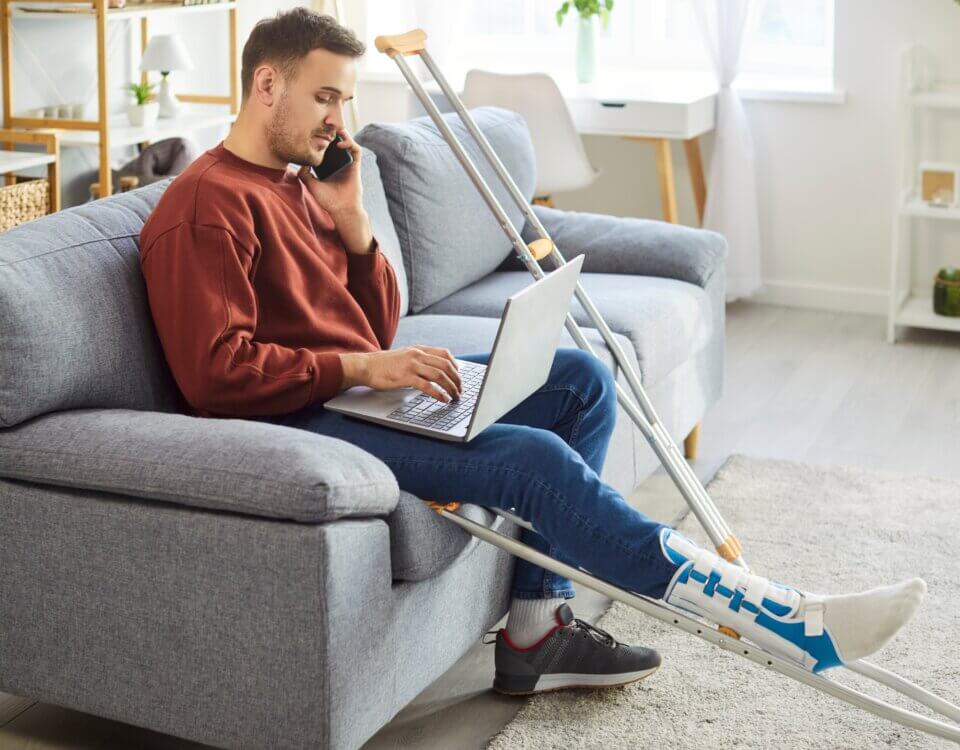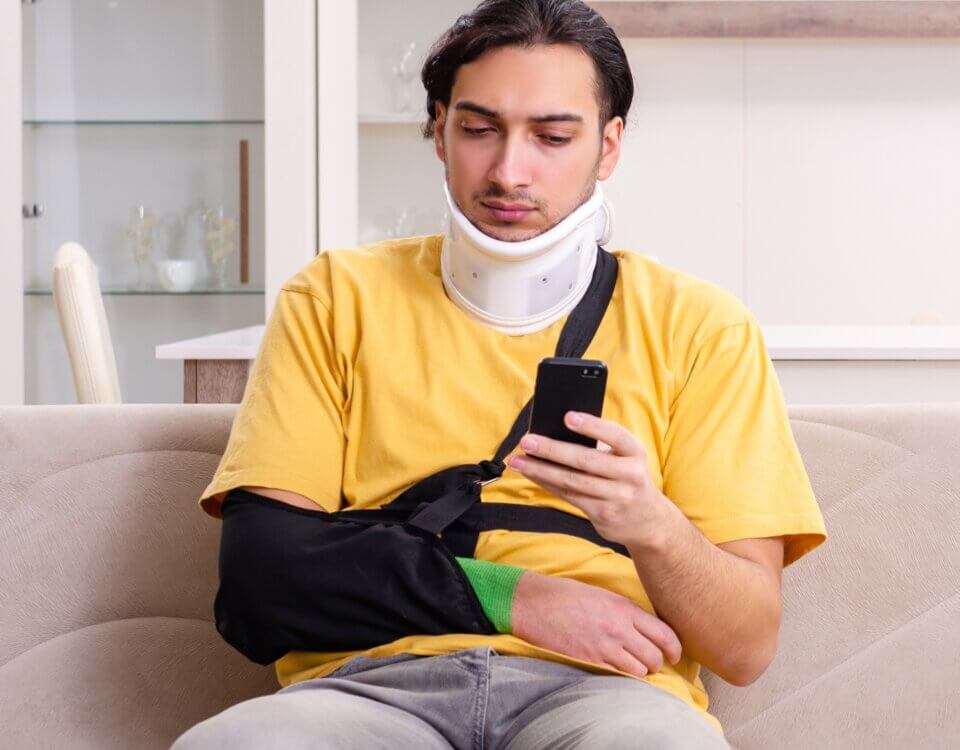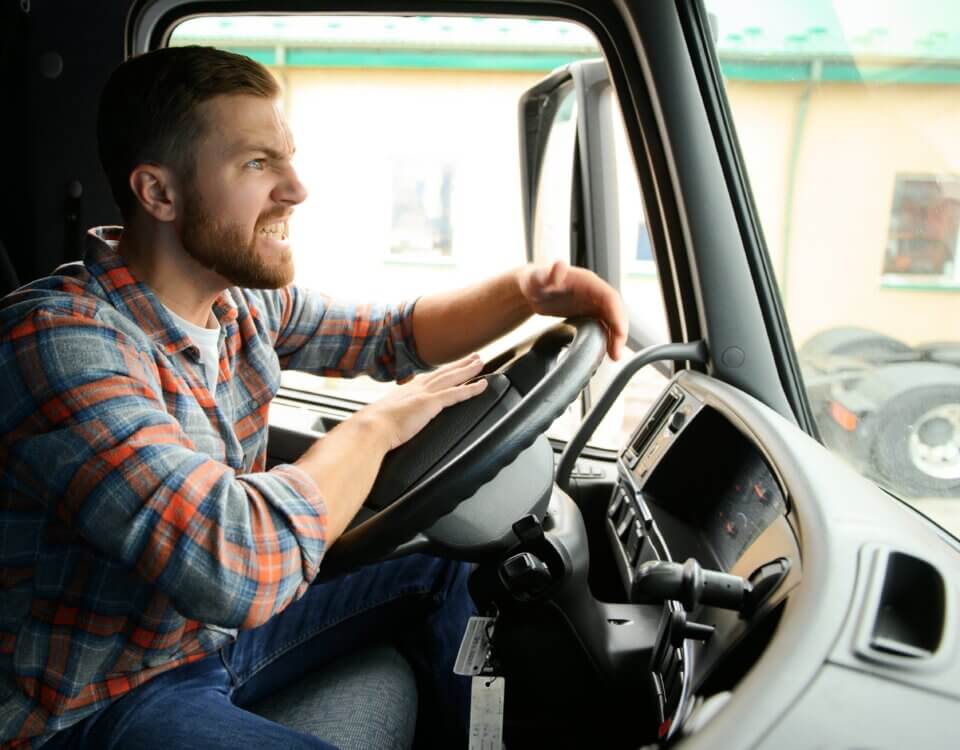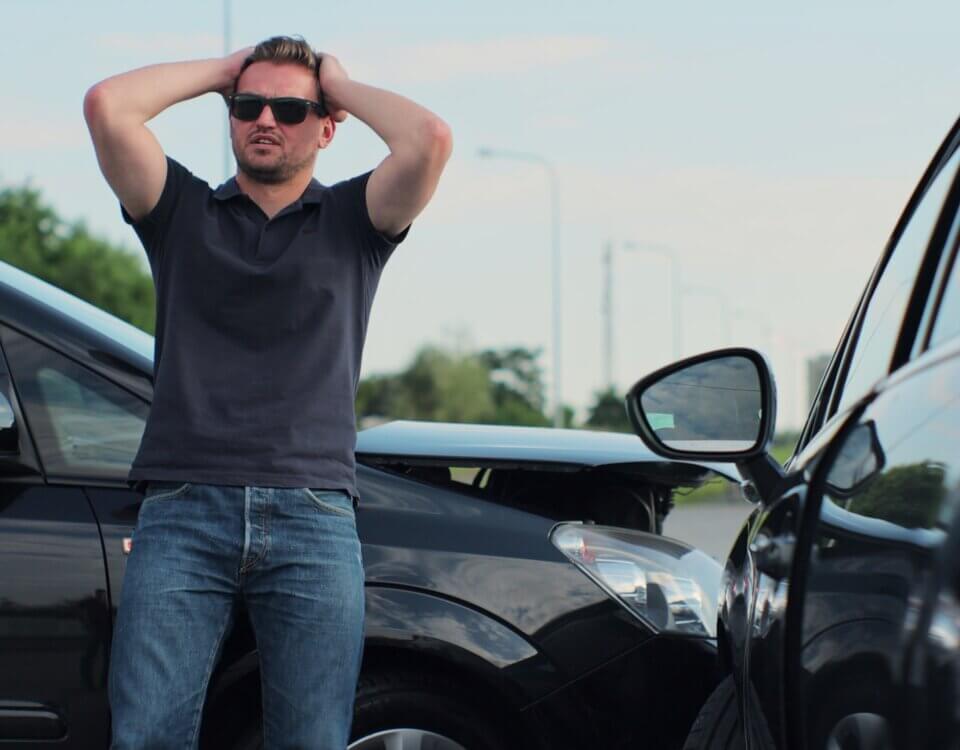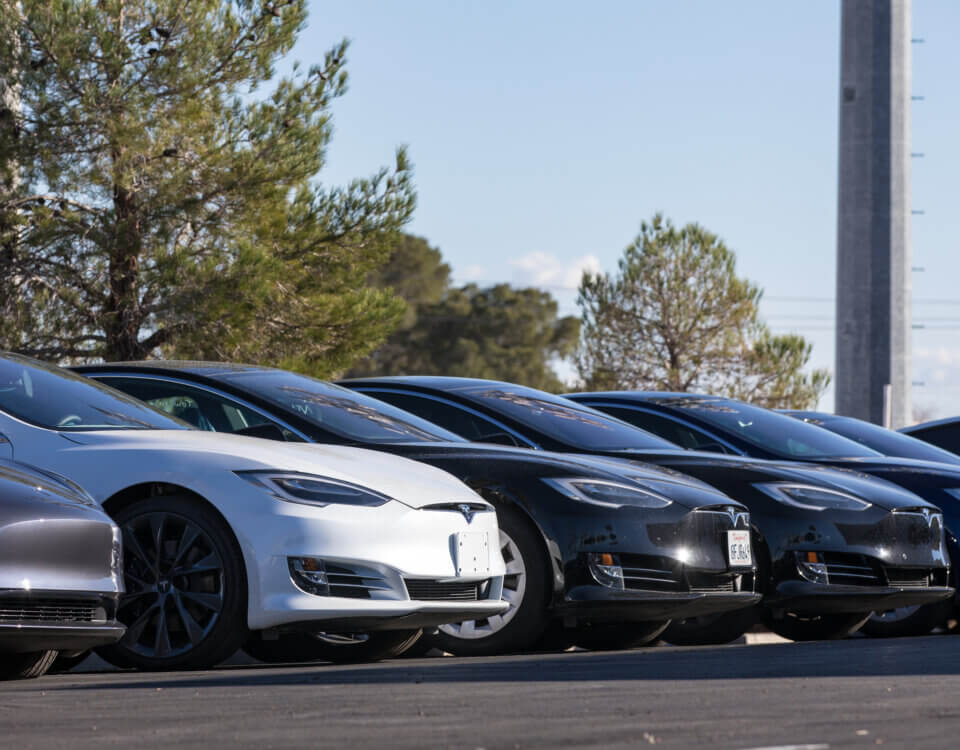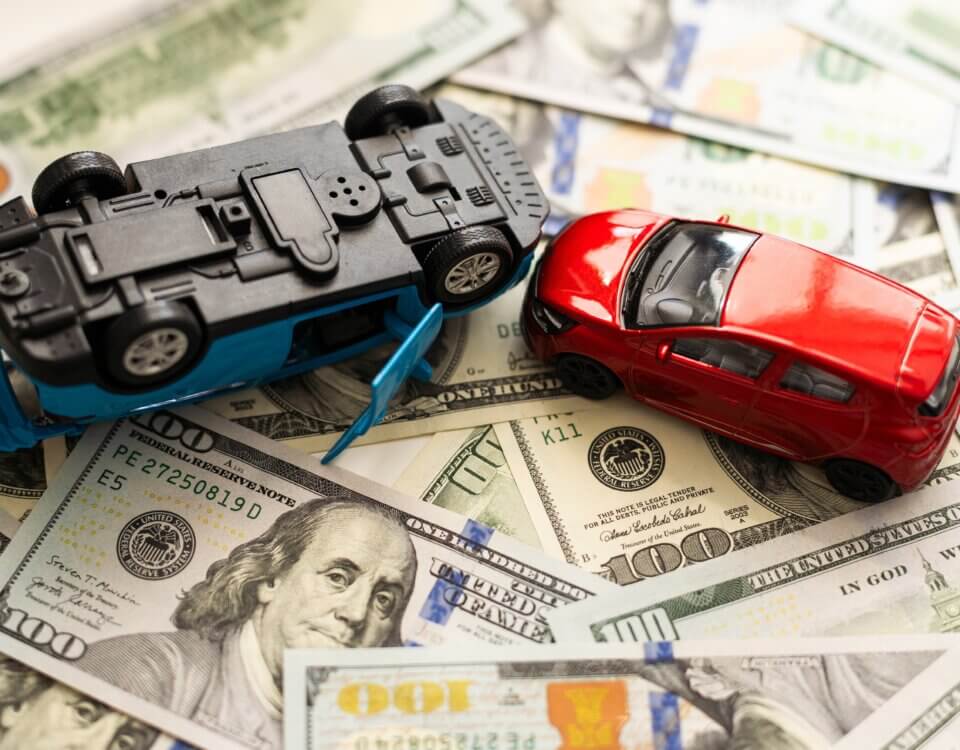When an automatic parking gate causes an injury, multiple parties may be responsible depending on the circumstances. Understanding liability is important for anyone injured in these types of accidents.
Typical Liable Parties
Property Owners and Managers
Property owners and managers have a duty to keep their premises safe. If a gate malfunctions due to poor maintenance or ignored repairs and someone is injured, they may be held responsible.
Manufacturers of the Gate
If the injury occurs because of a design or manufacturing defect, the company that produced the gate may be liable under product liability laws.
Maintenance Providers or Installers
If a gate was installed incorrectly or not serviced properly, the installer or maintenance company could also be at fault.
Gate Operators or Users
In some situations, if a person tampered with safety features or misused the gate, they may share responsibility for the incident.
Key Factors in Determining Liability
Liability often depends on whether the responsible party failed in their duty of care. This may include ignoring known hazards, failing to repair a defect, or not following safety standards during installation. California’s comparative negligence rule also allows courts to reduce compensation if the injured person contributed to the accident.
Real World Scenarios
- A gate sensor that is not calibrated correctly could make both the property manager and the manufacturer liable.
- An installer who skips safety measures during setup may be held accountable if injuries result.
- A properly maintained gate with an undiscovered design flaw could shift liability to the manufacturer.
- If a pedestrian ignores warning signs, their recovery may be reduced based on their share of fault.
Why This Matters
Automatic gates are common in apartment complexes, office buildings, and parking facilities, but when they fail, the consequences can be severe. Identifying who is legally responsible is essential for pursuing compensation.
At Hillstone Law, we investigate every angle in cases involving automatic gate injuries. From maintenance records to product design, our team works to hold the right parties accountable and ensure victims receive the justice they deserve.
Note: These blog posts are created solely for the use of Hillstone Law. The information is gathered from internet research, publicly available sources, and artificial intelligence (AI) tools such as ChatGPT. While we aim to share helpful and educational content, Hillstone Law does not independently verify every detail. Some information may be incomplete, outdated, or subject to change without notice. If you believe any part of a post is inaccurate, misleading, or infringes upon copyright, please contact Hillstone Law immediately so we can review it and take appropriate action, including correction or removal.
Disclaimer: The material provided in these blogs is for general informational purposes only and should not be considered legal advice. Reading these posts does not create, and is not intended to create, an attorney-client relationship with Hillstone Law. Our intent is to share knowledge, raise awareness, and provide helpful resources to the public; however, Hillstone Law makes no warranties or guarantees about the accuracy, completeness, or reliability of the information provided, and expressly disclaims liability for any actions taken in reliance on it. The photos used in these posts are for illustrative purposes only and do not depict actual clients, individuals, or incidents unless expressly stated. If you or a loved one has been injured in an accident, please contact Hillstone Law at (855) 691-1691. Our attorneys are available to answer your legal questions and help you understand your rights.
